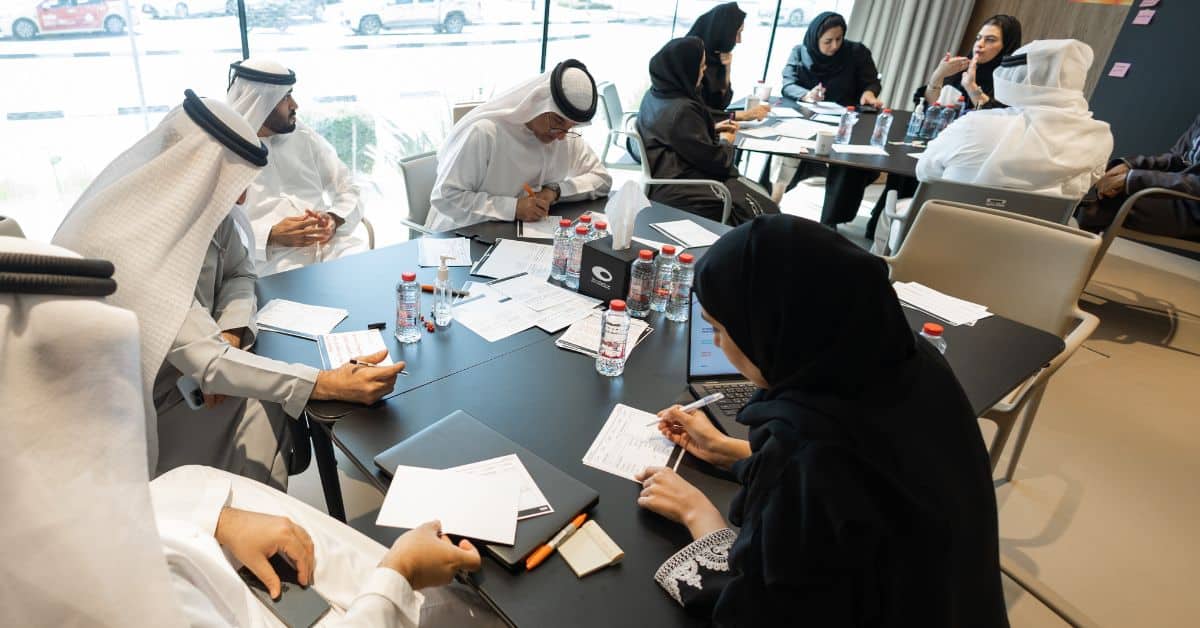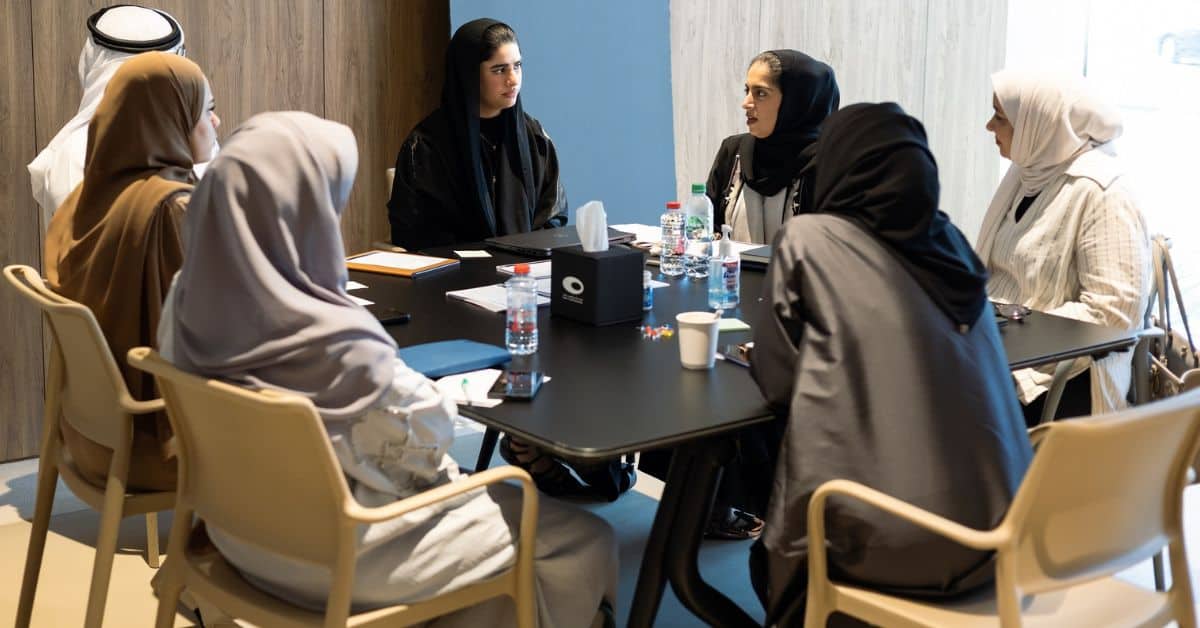DUBAI, UAE – Attracting new clients would be the prime focus of the chief executive officers in the Gulf region, according to the 2023 CEO Insights study carried out by consultants Arthur D Little (ADL).
The survey, based on the responses from nearly 250 global chief executives, highlighted that companies in the region would emphasize less on diversification and disruptive offerings.
While just 11 percent of respondents cited the cost of raw materials and energy as a significant constraint on expansion, 26 percent said that technological advancement was the most significant barrier.
It was also highlighted that the supply chain and cyber threats were more critical than raw material prices on a global scale.
More than two-thirds of chief executives in the UAE expect a “stable” or “positive” global economic outlook for the next three to five years, despite current challenges.

When asked about the global economy’s prognosis in the next three to five years, almost two-thirds of UAE CEOs said they were optimistic, according to ADL.
All CEOs are looking to innovation as a source of future growth, notwithstanding the energy problem, according to ADL’s report.
There are, however, notable regional differences:
Environmental and climate change issues are prioritized in Europe, North America, and Asia but are given less attention in other regions. For example, CEOs in the Middle East are increasingly aligned with their global (10 percent) counterparts in recognizing environmental and climatic change as a component in future growth, albeit this is still just 7 percent.
CEOs in Africa (15 percent), Asia (14 percent), and the Middle East and Africa (MEA)/South America (13 percent), but not in Europe or North America (8 percent), see cyber risk as a critical, time-sensitive element.
Executives in the Middle East are more likely than executives elsewhere to name technological innovation as the most vital element contributing to economic progress (29 percent vs. 26 percent).
Workers in the GCC’s telecommunications, travel, and financial services sectors will all benefit from some retraining. However, the most significant rates of workplace reskilling are seen in healthcare (25 percent), manufacturing (33 percent), and energy & utilities (33 percent).
Despite the ongoing economic challenges, the UAE’s economy is expected to grow 3.9 per cent this year, according to the Central Bank said. Non-oil sector is likely to expand at 4.2 per cent and oil GDP is projected at 3 per cent, it added.








